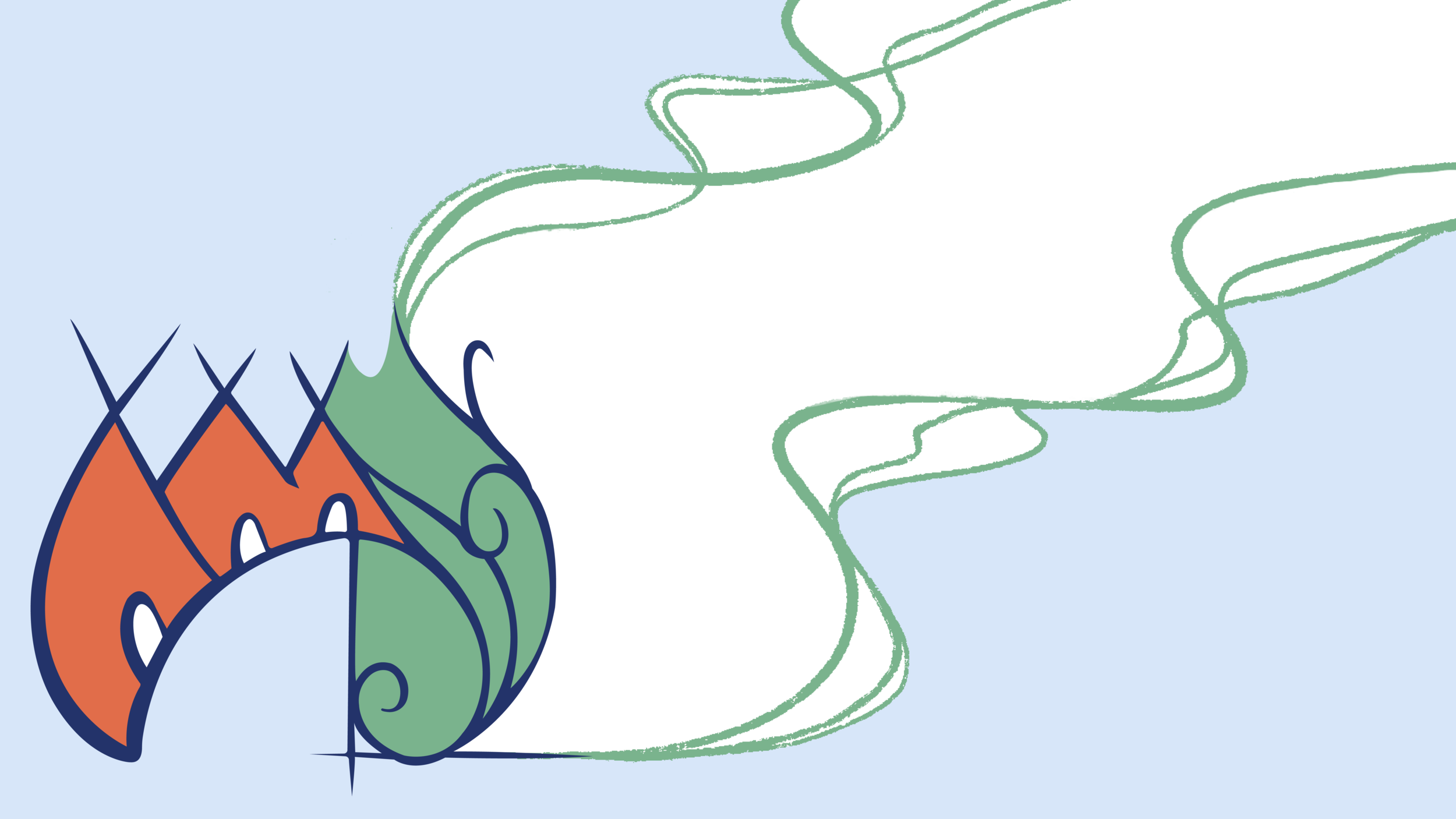
Past.
Past activities the Indigenous Human Rights Circle has been involved in.
The Genesis of the CIHRC
The formation of the Calgary Indigenous Human Rights Circle was the result of a Consultation Report - Removing Barriers: A Listening Circle, generated by the work of CUAI Second Edition (1999-2000) via The City of Calgary Community and Social Development Department.
The Calgary Urban Aboriginal Initiative (CUAI) grew out of Removing Barriers: A Listening Circle, a multi-phase, qualitative, community-based research initiative that took place in Calgary in 1999. Calgary Urban Aboriginal Initiative (CUAI)
Human rights education efforts continued in the Calgary Indigenous community through a project: Moving Aboriginal Tradition to Today from 2009-2014. The project was led by Native Counselling Services of Alberta and the IHRCircle. The Human Rights Education and Support worker helped fulfill the goal to maintain engagement and support with the Aboriginal community members around human rights education as well as help community members exercise their rights in their daily lives.
In 2015, the Supporting Indigenous Sharing Network (SISN) formed to continue with community planning and promote collaboration at the local level in Calgary and Lethbridge. SISN is a coalition initiative with six strategic areas of focus, including human rights and discrimination. Key stakeholders, and community members, Community Engagement & Partnership Program support the work of the coalitions in Calgary and Lethbridge. It is federally funded through Urban Programming for Indigenous People (UPIP) and lead by Native Counselling Services of Alberta (NCSA).
The Circle was formed to address identified needs in the community.
The human rights issues and priorities raised focused on the importance of recognizing, acknowledging, and addressing systemic discrimination, including the failure of the system1 to protect/support families and children; a lack of understanding of Indigenous cultures; racism; lack of recognition/violation of traditions and sacred symbols (e.g., personal bundles being opened in security checks); lack of accountability rehiring of Aboriginal staff; forced conformity to mainstream standards and culture; and lack of understanding of/support for consequences of the residential school system.
Gatherings & Learning Circles
Grassroots Gathering VI
(April 29, 2019 Project Launch)
The purpose of the initial Grassroots Gathering was to launch the new project, reinvigorating the momentum with community stakeholders that had previously participated in past gatherings, as well as invite new members of the community, agencies, and organizations of Calgary to participate. There were a total of 42 participants, including five Elders, seven new community organization partners, and multiple volunteers.
Click here to learn more.
Seeking Justice for Indigenous Peoples in the Legal System
Learning Circle (December 10, 2019)
The first workshop session after the Grassroots Gathering was focused on the Justice and Legal systems in Calgary. They had an attendance of 10 people, and participants were asked to answer a set of questions when they registered, that were then discussed. This helped aid the Circle in tailoring the sessions to meet the needs of those in the workshop.
Click here to learn more.
Enhancing Indigenous Careers and Services
Learning Circle (January 16, 2020)
There were a total of eight people present for this session focusing on ways to improve the participation of Indigenous peoples in the workforce. The pre-session questions for this session were focused on the same two questions as the first, with the inclusion of two new questions
Click here to learn more.
Promoting Indigenous Health, Healing, and Resiliency
Learning Circle (February 13, 2020)
There were a total of ten people present for this session focusing on ways to promote Indigenous Health, Healing and Resiliency. The pre-session questions for this session included three of the previous questions, and did not ask the fourth question on UNDRIP.
Click here to learn more.
COVID 19 Pivot
Due to the onset of the COVID-19 pandemic, two more workshops – Elders and Youth Engagement in Intergenerational Healing on March 21, 2020 and Preserving and Promoting Indigenous Cultures & Languages on April 9 – were unfortunately cancelled. With the cancellation of the last two workshops, the Circle requested an extension of the project from their funders and provided an interim summary of activities that was submitted in June 2020.
This pause allowed the Circle to reflect widely on the cross-cutting themes that had emerged from all the discussions in relation to systemic racism. This also spurred the Circle to shift the final two sessions for the year to virtual delivery.
Webinars
Advancing Reconciliation
Webinar (August 9, 2020)
To commemorate the International Day of the Indigenous World’s Peoples, the Indigenous Human Rights Circle hosted an online webinar on August 9, 2020. The purpose was to explore what Canadians have done to address important reports in the last decade (including the UN Declaration on the Rights of Indigenous People and the Truth and Reconciliation Commission Calls to Action Report) and what concrete actions can be taken by individuals, organizations, and governments.
A diverse Indigenous panel explored issues of racism and provided practical recommendations to implement anti-racist practices in personal, professional, and organizational settings.
Click for a full description of this event.
Working Together to Address Anti-Indigenous Racism
Webinar (December 10, 2020)
Our final virtual gathering for our project aiming to build the capacities of those with a special interest in combating racism and discrimination against Indigenous peoples in Calgary. The day focused to highlight what we learned since project inception, shared local anti-racism efforts & practices, as well, hosted a small group dialogue to foster reciprocal learning around four themed areas that arose in the process of the project.
Click for a full description of this event.

Indigenous Peoples:
A Guide to Terminology
Confused about some of the terminology?
Download a free copy of Indigenous Peoples: A Guide to Terminology. This ebook includes explanations of 43 different terms in use today in building Indigenous relations. It provides some great insights into usage and best terminology and also has links to videos and more.




